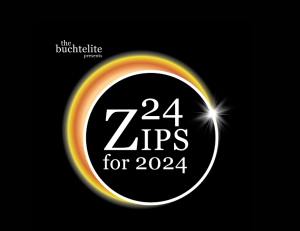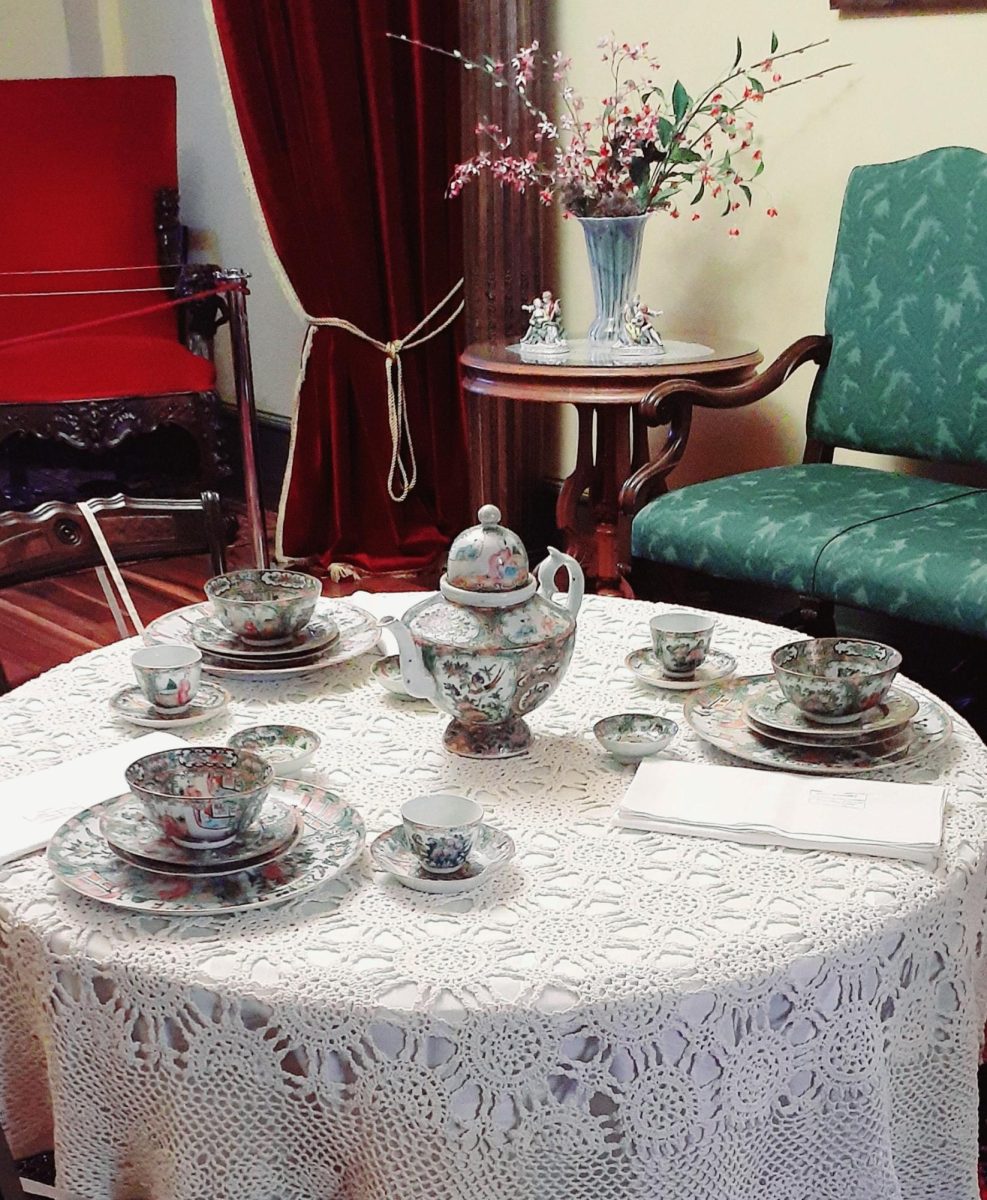OK ladies, let’s get information
October 31, 2016
When you ask most adults what their feelings toward the 2016 presidential election are, oftentimes a resounding groan or exasperated sigh is the answer you are met with. Ask millennials, and the response is not all that dissimilar. Still, a striking difference between the two groups remains: voter turnout. According to the U.S. Census Bureau, only 17 percent of 18 to 24-year-olds voted in 2014, compared with 59 percent of those age 65 and older. While it appears that millennials utilize their power to vote at a lesser rate, Pew Research found that 63 percent of all registered voters were not satisfied with their choices for president. This means that while dissatisfaction among both younger and older generations is significant, the incentive to act is not equal. In my view, this disconnect is especially alarming in relation to younger women voters.
Women comprise 50 percent of the electorate, and although my opinion may be biased here, we face issues considerably more critical to our gender. Despite both men and women having equal concern for issues such as healthcare, the economy, and immigration, women are confronted with several more specific policies that affect their immediate lives. Pay equity and career opportunities, access to reproductive health care, climate change, and postgraduate debt are just a few of the most pressing topics young women feel a strong connection to.
Now more than ever, women in their 20s and early 30s are identifying as feminist without fear or shame of maintaining such a label. With single women making up 23 percent of the voting bloc in 2012, we are certainly a force to be reckoned with and heard. Consequently, it comes as no surprise that women are catalysts for social change. This progress is only obtained, however, when we are politically engaged and exercise our precious right to vote. It’s simply not enough to complain to your peers about the frustration you feel when policies are enacted to prevent those kinds of advancements from being made. It takes initiative at a personal level to start to see a world reflective of that progress we so desire.
In this election, young women have the opportunity to make change in several different forms.
For those concerned about economic advancement for women, you can support candidates who champion equal pay for equal work and who advocate a raise in the minimum wage. Insurance coverage for things like contraception and early detection screenings are vital to a woman’s health, and it is imperative to seek out candidates who uphold the health care laws that protect millions.
If the environment or student debt is at the top of your list, you must find the candidates willing to address those issues as well. A major call to vote that ultimately embraces several of these different concerns is the fate of the Supreme Court. The next president has the potential to nominate upwards of four new justices, seeing as there is currently one vacant seat and three of the eight sitting judges are over the age of 75. The Court makes several groundbreaking rulings in each of its sessions, covering almost every controversial topic that exists. The power that rests in our top elected official to influence social change is paramount, and if young women hope for these changes to move in a certain direction, they must be sure to vote for that official wisely.
The great responsibility that rests in each woman’s ability to cast a ballot must not be lost on us. The courageous efforts of our predecessors to pass the 19th Amendment less than a century ago should not be tarnished with apathy. While it’s understandable to be frustrated by the electoral process, it’s not acceptable to take a back seat to one’s civil and moral obligation to vote. Not only does your vote have national importance, but it also has an impact on state and local policy, which will have an even more direct bearing on your life.
The ever-inspiring Beyoncé, goddess of all things driven by female power, reminds us ladies to “get in formation” and unite as strong women. I sense, however, a meaning beyond that which encourages women to stand firmly by their convictions and educate themselves to the highest degree as they “get information.” In doing so, we must look closely at the world around us and pay attention to what our candidates for office say about women as human beings. Millennial women hold a special key to unlock much of the needed progressive change our society needs, and the most powerful way to open that door and cross its threshold is to utilize our voice through our vote.











